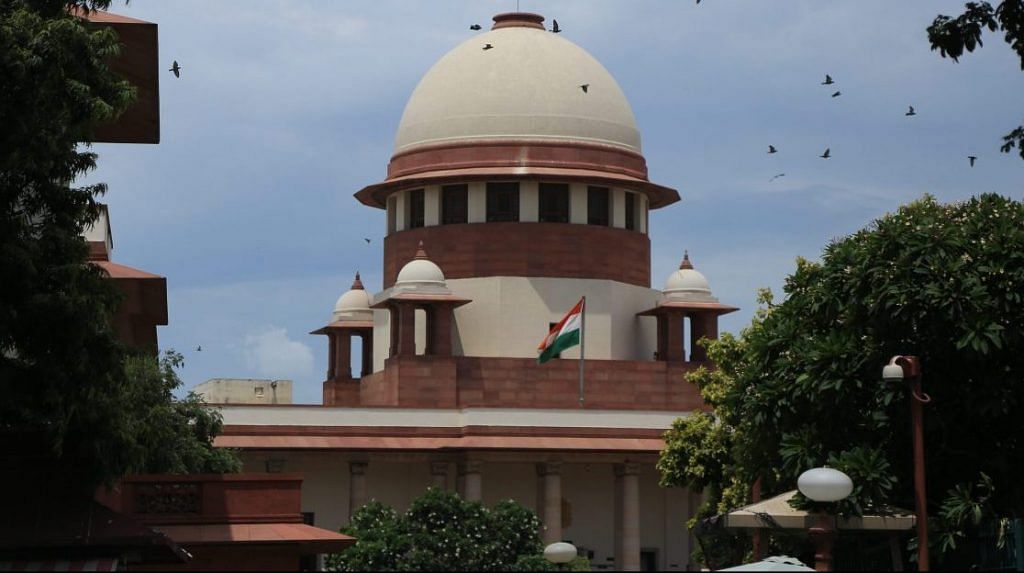New Delhi: The Supreme Court on Thursday reserved verdict on three appeals filed by its own registry, challenging the Delhi High Court order, which held that the apex court and the office of Chief Justice of India (CJI) constitute public authority under the Right to Information Act, 2005, liable to part with information to RTI applicants.
A five-judge Constitution bench, headed by Chief Justice Ranjan Gogoi, was hearing the appeals filed in 2010 by Secretary General of the Supreme Court and the Central Public Information officer of the apex court against the Delhi High Court order holding that the CJI’s office comes under the ambit of the RTI Act, 2005.
Disclosure of highly confidential information like deliberations of collegium in appointing or elevating judges under the transparency law would be “deleterious to functioning” of the judiciary, the apex court was told by its registry on Wednesday.
Also read: Bureaucrats only cannot be made information commissioners, says Supreme Court
